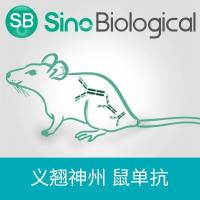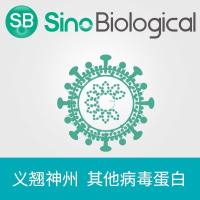RT-PCR in Biomedicine: Opportunities Arising from the New Accessibility of mRNA
互联网
492
Reverse-transcriptase-polymerase chain reaction has become one of the most widely applied techniques in biomedical research. The ease with which the technique permits specific mRNA to be detected and quantified has been a major asset in the molecular investigation of disease pathogenesis. Disease-related imbalances in the expression of specific mRNAs can be sensitively and quantitatively determined by RT-PCR. RT-PCR also offers many opportunities in diagnostics, allowing sensitive detection of RNA viruses such as Human Immunodeficiency Virus (HIV)and Hepatitis C Virus (HCV). RT-PCR is an integral component of many methodologies that are essential to biomedical research, including in situ localization of mRNA, antibody engineering, and cDNA cloning. This chapter provides an overview of some of the ways in which RT-PCR can be utilized in biomedical science, and summarizes the importance and applicability of the protocols described in this volume. These protocols include some useful adaptations and applications that may have significance for those in the wider research community who are already familiar with the basic RT-PCR protocol. Each individual chapter in this volume contains complete experimental detail for the protocols described, so that even a newcomer to RT-PCR should be able to perform the techniques. In particular, this volume demonstrates how RT-PCR complements other technologies, such as laser-capture microdissection (LCM), real-time PCR, microarray analysis, high-pressure liquid chromatography (HPLC)and time-resolved fluorometry.









